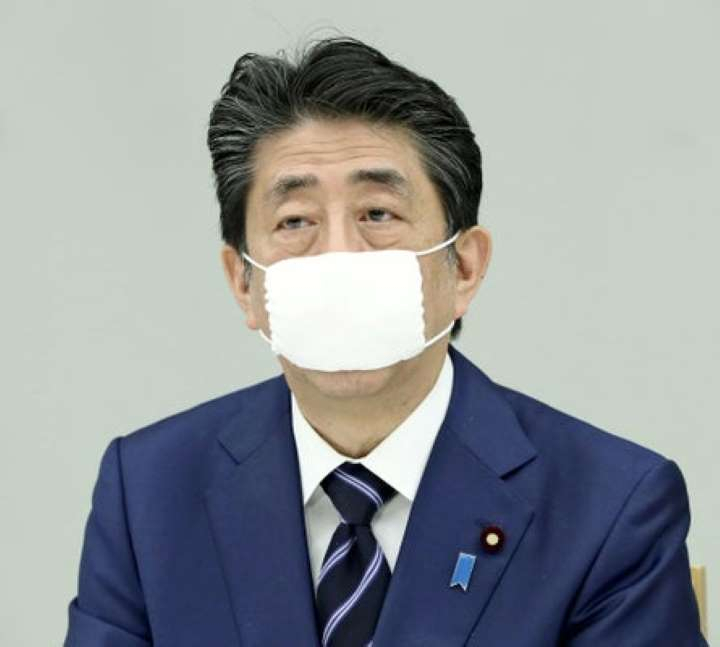The Prime Minister of Japan Shinzo Abe made an appeal which seemed to be forceful to the country on Friday to stay indoors and avoid the spread of the coronavirus or COVID-19 in his most blunt remarks since the outbreak began.
The new cases of the virus hit a daily record in the capital Tokyo as Abe mentioned that this week's nationwide expansion of a state of emergency got prompted partly due to the fear of medieval services failing in rural areas that home many elderly.
"Please avoid going out," Abe said, adding that reductions in person-to-person contact in Tokyo and Osaka, two of Japan's hardest-hit regions, were still well short of targeted levels. "Everything depends on the action of each individual."
Abe urges people not to go out

Abe, who has seen his support hit over his handling of the pandemic, also apologised for confusion over a plan to start distributing coronavirus relief payments next month. A supplementary budget had detailed payouts of 300,000 yen ($2,782.42) to households with incomes hit by the outbreak, but pressure mounted on Abe, some from within his own party, to step up the help with a payment of 100,000 yen for all citizens.
Such a switch would triple the cost to the government to 12 trillion yen. Earlier, Finance Minister Taro Aso said the government hoped to start payments in May. Abe said the widening of the emergency also aimed to limit travel, with Japan's Golden Week holidays looming. On Thursday, he had extended the emergency beyond just the main population centres, including Tokyo, that were covered when the measure was first declared on April 7.
Tokyo is the hardest-hit region in Japan
Tokyo remains the hardest-hit, with a record 201 additional cases reported by its governor on Friday, for a total of 2,796. Japan's total infections stand at more than 9,000, with 190 deaths, according to a tally by national broadcaster NHK.
Japan's Cabinet Office, which helps to coordinate policy, reported its third case of an official testing positive for the virus. The victim, who was not identified, is in his 50s and works on the council for science, technology and innovation.
He was confirmed to have the virus on Thursday, an official said. No ministers had been in close contact, usually defined as within two metres, since the man showed symptoms on April 10, the official said, meaning they were not candidates for testing. Two officials who had come within two metres of him were staying at home, the cabinet office said, adding that both have yet to be tested.
Separately, Taku Otsuka, a state minister of the Cabinet Office, is working from home after one of his secretaries was confirmed to have the virus, the ministry said on Friday. Japan's emergency allows municipal authorities to urge people to stay indoors, but without legal force or punishments.
(With agency inputs)









